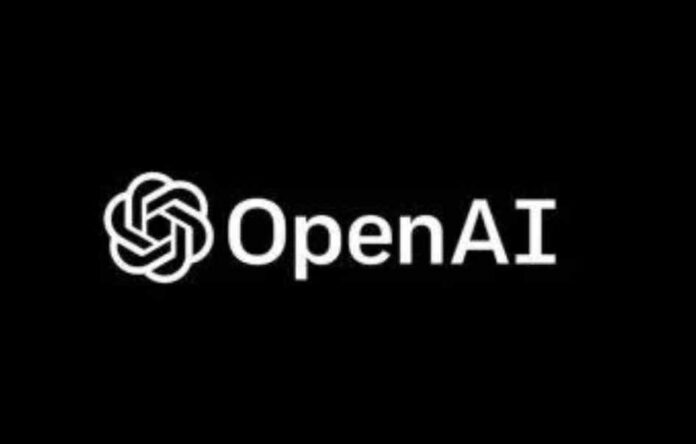- OpenAI is shifting focus from consumers to enterprise growth with ChatGPT tools.
- New features like AgentKit, Codex, and Apps in ChatGPT simplify AI integration.
- The company promotes a “top down, bottom up” approach to AI adoption in businesses.
- OpenAI remains mission-driven, serving over 800 million users weekly.
OpenAI, the company behind ChatGPT, is setting a new course for growth. After winning over millions of everyday users, it now wants to bring that same energy into the workplace. The company’s focus on enterprise adoption could mark the next big leap in how businesses use artificial intelligence.
A Clear and Simple Goal
At OpenAI’s recent Dev Day event, Matt Weaver, Head of Solutions Engineering for EMEA, shared how the company plans to make AI more accessible for businesses. “Our goal is simple,” Weaver said. “We want anyone with an idea and a few lines of code to build something great on our platform.”
OpenAI is now giving developers a range of new tools designed to make that happen. The company recently introduced AgentKit and AgentBuilder, which simplify the process of creating AI agents through OpenAI’s APIs. These additions aim to make it easier for developers to focus on innovation instead of basic setup.
Weaver explained that many companies waste valuable time building the same technical foundation again and again. “It breaks my heart,” he said. “They should be focusing on what makes their business unique, not rebuilding the same scaffolding.”
New Tools for Developers and Businesses
The updates unveiled at Dev Day also include Codex, an agentic coding model that supports developers wherever they work—whether in their coding terminal, IDE, or the cloud. OpenAI also released a Slack plugin for Codex, allowing teams to interact with it directly within their workspace.
In addition, a new Codex SDK will help developers bring their AI-powered applications into production more easily. For businesses, the new “Apps in ChatGPT” feature will let companies design custom interfaces inside ChatGPT itself. This opens the door for organizations to create tailored experiences for their teams and customers within the same familiar platform.
Weaver described this as “a whole new opportunity for businesses to meet users where they already are.”
From Personal Use to Professional Power
Unlike many tech platforms that started in business and trickled down to consumers, ChatGPT took the opposite path. It became a household name first, before spreading into offices around the world.
Weaver said that this grassroots adoption has played a major role in the enterprise shift. “Most people are already using ChatGPT in their personal lives,” he explained. “When they come to work, they expect the same intelligence and simplicity.”
OpenAI reports more than five million paying business users already, a number that continues to grow. But Weaver cautions that technology alone is not enough. He said companies need to build AI literacy among employees if they want long-term success.
He calls this a “top down, bottom up” strategy—combining leadership support with employee engagement. Many large organizations using ChatGPT Enterprise even host internal hackathons to explore creative use cases. “Some of the best ideas come from these events,” Weaver said. “They often reveal value that senior management never imagined.”
AI at Work and in Everyday Life
Weaver also shared how AI tools have become part of his own daily routine. He uses transcription tools for meetings, voice dictation to summarize his day, and even ChatGPT Agents for personal projects. One of those projects is helping him plan his wedding.
These small examples show how OpenAI’s technology can support both professional efficiency and personal creativity. The company wants enterprises to see that same flexibility across their organizations.
Staying Focused on the Mission
OpenAI’s pace of innovation is unmatched, but Weaver said the team stays grounded by keeping the company’s mission front and center. “You can feel the alignment here,” he said. “We are building AGI for the benefit of everyone. That guides every decision we make.”
He added that despite all the attention and speculation surrounding OpenAI, the internal atmosphere remains calm and focused. “There’s a lot of noise outside,” he said. “Inside, we know what our mission is and what it will take to reach the next step.”
Weaver also pointed out the company’s massive global impact. “Over 800 million people rely on us every week,” he said. “That’s a responsibility we never forget.”
Follow TechBSB For More Updates

